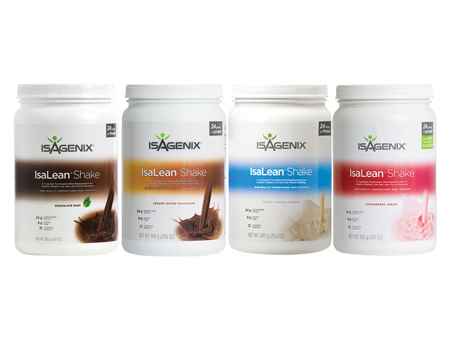When people think about their health and wellbeing, the heart is often at the top of the list of most important factors. Your heart pumps blood, nutrients, and oxygen through your body, keeping you moving through every second of your day. It also carries away waste that can be harmful to your body.
Poor heart health can have a significant impact on numerous aspects of your health, so keeping this vital organ in good shape is key to maintaining your overall health and wellbeing.
Heart Health
According to NHS, coronary disease is one of the leading causes of death and disability in the UK. Research has yet to determine exactly why heart disease affects some people and not others, but there are certain risk factors that make you more likely to be prone to these issues. High blood pressure, high cholesterol, obesity, and a sedentary lifestyle are a few of the risk factors that just about every doctor agrees puts you at risk for developing coronary disease.
The good news is that there are a few simple lifestyle changes you can make that will significantly decrease your risk of heart disease. Having a healthy diet, exercising regularly, and maintaining a healthy weight are the top recommendations for keeping your heart healthy throughout your life.
According to one study, office workers, who have a generally sedentary lifestyle, were divided into two groups: one that engaged in regular, vigorous exercise and one that did not. The research indicated that the group that exercised regularly were half as likely to be diagnosed with coronary heart disease that the group that did not.
If you already suffer from heart issues like high blood pressure, high cholesterol, or a history of heart attacks, making changes to your lifestyle can still have a significant impact on your future health. Studies show that performing a regular exercise regimen can significantly decrease symptoms and future issues in patients who have been diagnosed with a coronary disease.
Having good heart health will do more than keep you living longer. The condition of your heart actually plays a major role in how well your brain functions. Many people experience cognitive declines as the age. However, science suggests that taking steps to improve your heart health can make a huge difference in your mental health throughout your life, keeping your mind sharp and your brain happy.
Exercise for Your Heart
Adding exercise to your daily routine has a lot of benefits, but many people fear that they just don’t have the time. Luckily, making a significant improvement in your cardiovascular health doesn’t require hours of vigorous exercise; according to the Harvard Medical Review, as little as 15 minutes of exercise each day can be enough to reduce your risk of coronary disease.
If you do a little research, you’ll quickly realise that there are tons of different workouts out there that claim to tone certain muscles or burn fat in a particular part of the body. Attempting to wade through all of this information can be overwhelming, and may make you feel like putting together an exercise routine will be too difficult.
However, exercise doesn’t have to be complicated. According to John Hopkins Medicine, there are three types of exercises that you should focus on to improve your heart health: aerobic exercise, resistance training, and stretching.
Aerobic Exercise
Aerobic exercise, also known as cardio, is the type of exercise that increases your heart and breathing rate. Cardio can improve circulation, which results in lowered blood pressure and heart rate, and decrease your likelihood of developing type two diabetes. Ideally, you should perform some type of aerobic exercise five times each week.

- brisk walking,
- running,
- swimming,
- biking,
- jumping rope, and
- playing sports.
You can also try more non-traditional types of cardio exercise, like jumping on a trampoline or climbing stairs.
According to most experts, there isn’t one type of aerobic exercise that stands out above the rest. The important thing is to get yourself moving and get your heart rate up. As long as you’re increasing your overall level of movement throughout the day, you’ll make a significant difference in your heart health.
Resistance Training
Resistance training, or strength/weight training, is all about building muscle. Strength training can significantly lower body fat, create lean muscle mass, and improve cholesterol; each of these factors is key to improving heart health.
In addition, regular weight training can help speed up your metabolism, making it easier for your body to burn fat quickly and easily, as well as strengthen your bones, decrease your risk of injury, and make it easier for you to perform daily tasks.

At the gym, you can use a variety of resistance training machines for each part of your body, or free weights to give your workout more flexibility. At home, you can use simpler options like resistance bands to work your muscles. In addition, there are a variety of strength training exercises that require no equipment at all, such as
- pushups,
- squats,
- lunges,
- tricep dips, and
- crunches.
Stretching
In addition to getting your heart pumping and your muscles working, your heart can also benefit from adding some stretching to your workout regimen. These workouts improve your balance, flexibility, and musculoskeletal health.
While these factors don’t contribute directly to your heart health, they are essential to ensuring that your muscles and bones are strong, allowing you to perform aerobic and resistance exercises without pain or stiffness.

There are numerous stretching exercises that you can perform easily on your own at home or the gym, such as
- forward bends,
- seated toe touches,
- standing side stretches, and
- seated back twists
In addition, activities such as Yoga, Pilates, and Thai Chi include balance and flexibility exercises that can be adapted for beginners and more experienced practitioners.






